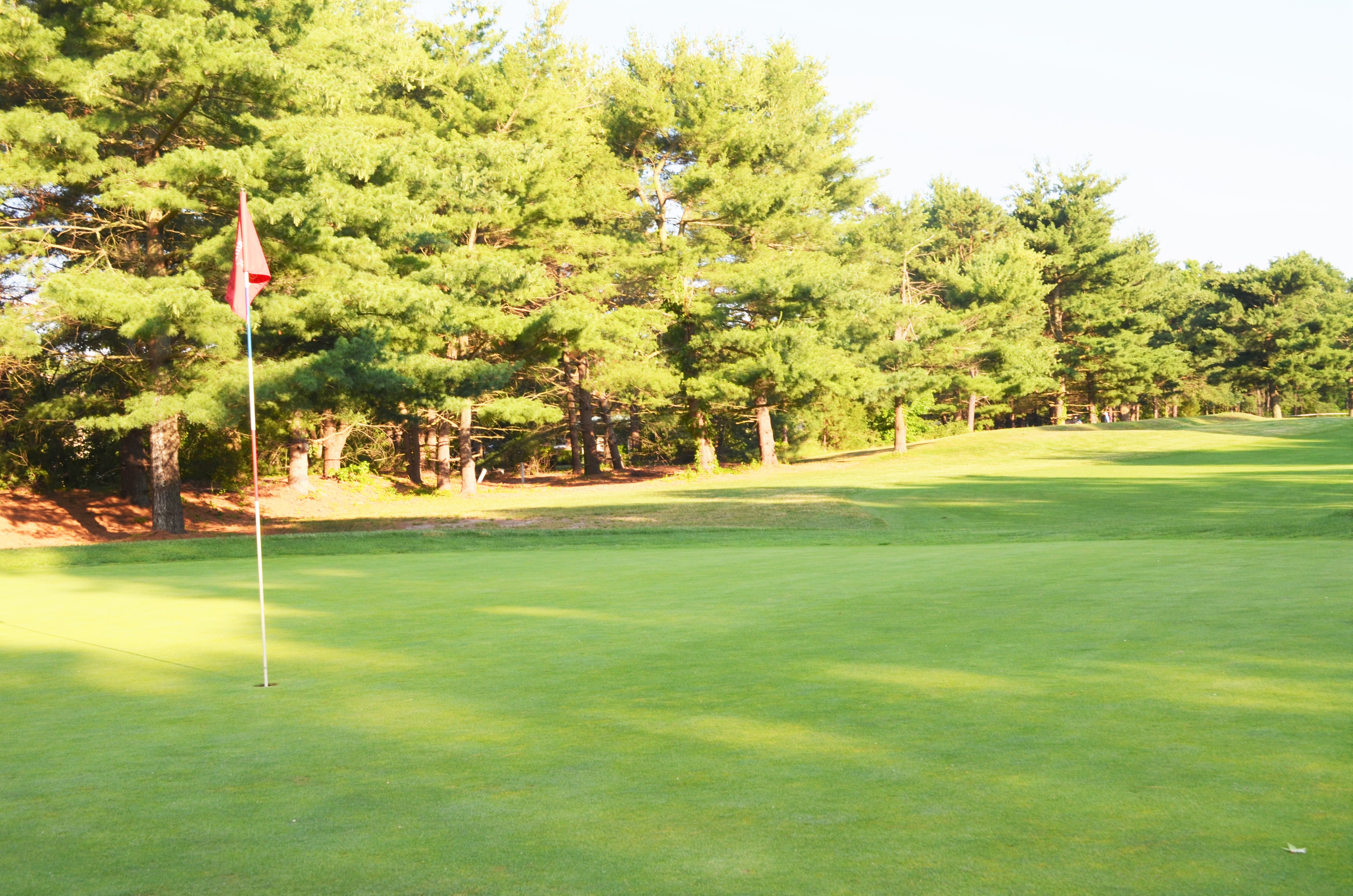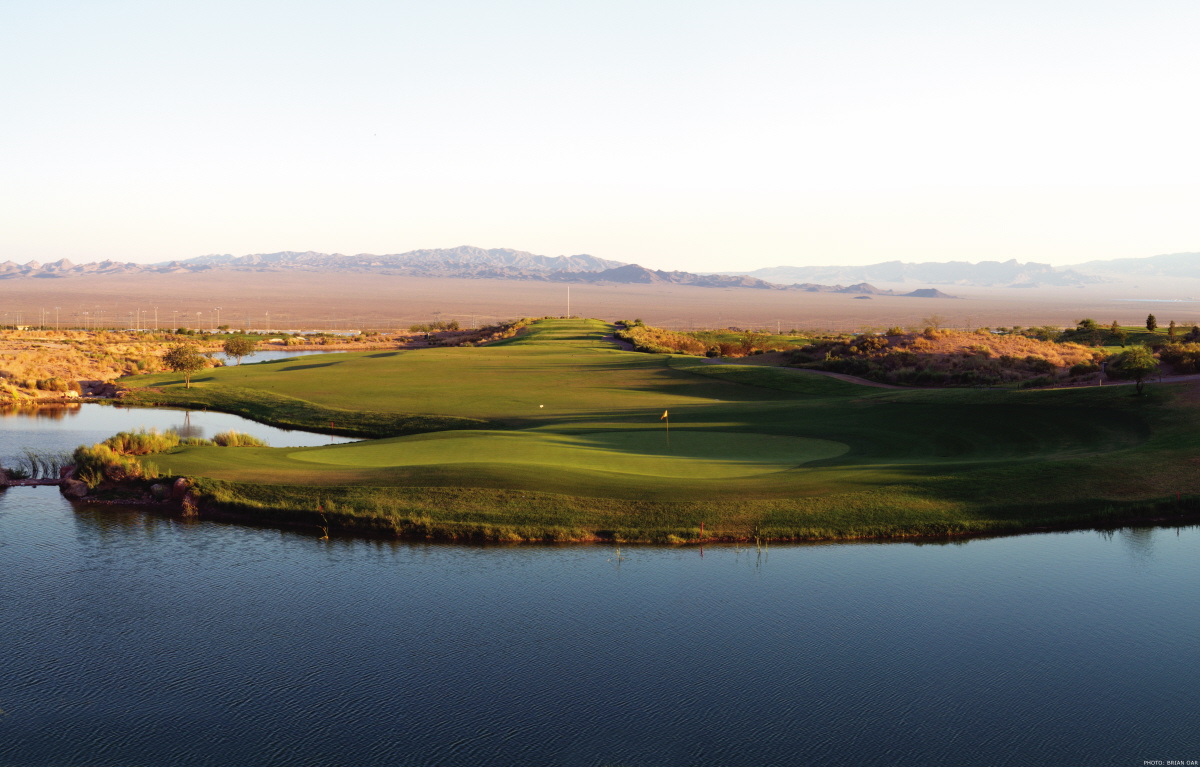
In modern terms, a "links course" is more broadly defined as:
- A golf course built on sandy soil that is buffeted by the wind.
- Has few, if any, trees, but has a tall, thick rough of native grasses.
- Features many bunkers, with many of them deep (including pot bunkers) to prevent sand from blowing away.
Are links courses the best form of golf?
Nov 30, 2021 · In the first place, we’ll look at the links course, one of the most famous types of golf courses. A sandy area along the coast is known as a beach, and it is derived from the Old English word hlinc, which means rising ground. The best links courses are found in Scotland, Ireland, and England, which have sandy soil underneath them.
What are the benefits of living on a golf course?
Dec 05, 2021 · What Makes A Course A Links Course? A “links course” is a course built on sandy soil buffeted by the wind, as opposed to a traditional golf course. There are few trees here, but the rough, thick grass is native to the area. Sand can be prevented from blowing away by many bunkers, which are deep (including pot bunkers).
Who is best at Links golf?
Mar 18, 2021 · What is a Links Golf Course? A links golf course is regarded today as a golf course that has few trees, a lot of wind, thick grasses or thick heather, and a lot of bunkers. They are built on sandy soil and in most cases are on a coastline of a body of water. The term “links” actually has Scots origins and means “rising ground” or “ridge”.
What is the difference between links golf a normal golf?
Mar 23, 2022 · Today, a links golf course is more broadly defined as a golf course with a natural and open lay-out, lying on sandy soil that is heavily affected by the wind. It has few to no trees, but with thick rough grasses. Moreover, what defines links golf course? First up is the most famous type of golf course, the links course. The term derives from the Old English word hlinc …

What is a link course?
Links courses are buffeted by strong winds that require deep bunkers to prevent the sand from blowing away. They are also completely or largely treeless. There are other criteria that specifically define a links course. All the first golf courses in the sport's history were links courses in Scotland.
What is a golf course built on?
A golf course built on sandy soil that is buffeted by the wind. Has few, if any, trees, but has a tall, thick rough of native grasses. Features many bunkers, with many of them deep (including pot bunkers) to prevent sand from blowing away. Plays firm and fast with sometimes crusty fairways and greens that feature many knolls ...
What is links land?
The British Golf Museum says that "links" are coastal strips of land between the beaches and the inland agricultural areas. This term, in its purest sense, applies specifically to seaside areas in Scotland. So "links land" is land where the seaside transitions into farmland.
What is the home of golf?
The Old Course at St. Andrews is the "home of golf" and the most famous links. Others links golf courses in the Open rota featured in photo galleries include Royal St. George's, Royal Birkdale, and Royal Troon. Two more links that have been the sites of multiple British Opens are Turnberry and Muirfield. All of these are the type of golf course ...
Who is Brent Kelley?
Brent Kelley is an award-winning sports journalist and golf expert with over 30 years in print and online journalism. "Links" and "links course" are terms that refer to a specific style of golf course whose hallmarks include being built on sandy soil along a coastline.
What is links golf?
Firstly, a links style golf course is the oldest style of course you can play. The word “links” is derived from old Scotland and refers to an area along a coast that includes sand dunes or high fescue and very few, if any, trees.
What is a link course?
A true links course will usually run alongside a body of water and normally consists of sandy soil with very little vegetation other than tall sea grasses and fescue . The bunkers on a links course are usually deep and known as “pot bunkers.” These courses are also typically much windier than a normal style course due to the lack of trees that would normally provide some deflection.
Where did golf originate?
It is believed that the game of golf originated in Scotland in the 15th century and the first courses were developed on stretches of land known as links. Most farmers claimed that these coastal lands were useless for agriculture because of their sandy soil.
What does "let's hit the links" mean?
The phrase “let’s hit the links” has become synonymous with golfing in general but have you ever heard someone say, “it’s a links course” and wondered what they exactly they were talking about? Spoiler alert…it has nothing to do with sausages.
Is Scotland a link golf course?
There are plenty of beautiful, historic links courses still open for play in Scotland, including the famous St . Andrews, a course that is widely known as the home of golf. You’ll find many links courses in Ireland, Wales and England, but it is believed that Scotland has the most concentration of courses of this specific type.
What is a links golf course?
Today, a links golf course is more broadly defined as a golf course with a natural and open lay-out, lying on sandy soil that is heavily affected by the wind. It has few to no trees, but with thick rough grasses.
Where did the term "links" come from?
Why the history lesson you ask? Well you may have noticed from above that the game of golf originated on the coast of Scotland – this in turn brought the term links. The word itself has actually evolved from the Old English word ‘ hlinc ‘ – meaning ridge or rising ground. This described the type of hilly land found in the coastal regions of the UK. This land is usually pretty rugged, sandy under foot, remarkably undulating and extremely windy. These conditions result in a scarcity of tree growth and tall, thick, rough native grasses that define the land. These qualities also define a links golf course.
Where is the oldest golf course in the world?
The Old Course at St Andrews Links in Fife, Scotland, is the oldest and most iconic golf course in the world. Evidence that people played on this golf links can be traced back to the year 1552.
Where is Royal County Down Golf Club?
Royal County Down Golf Club is located in one of the world’s most naturally beautiful links settings in the Murlough Nature Reserve, Northern Ireland. The ‘bearded’ bunkers are world famous and feature overhanging lips of marram, red fescue and heather. The greens are fast and many are domed, rejecting any shot lacking conviction. This is a true test of any player’s command of the traditional ‘bump and run’, the preferred way to play any links.
Where did golf originate?
Golf allegedly originated somewhere on the eastern coast of Scotland. Now let’s go all the way back to the beginning of the sport to fully understand the meaning. It is believed that the game of golf originated somewhere on the eastern coast of Scotland.
Where is Royal St George's Golf Club?
The Royal St George’s Golf Club is located in the quaint English seaside town of Sandwich in Kent. The club has a distinguished golfing history and is proud to have hosted amateur and professional tournaments since the 1880’s.
Can you play links golf?
Playing links golf courses can be testing for all golfers from the first-timers to the pros. You really have to think about your shot when playing links golf. However, the beauty of it is that once in a while your ball can hit the right bounce, the wind can be your friend or the bunkers can show you mercy (but don’t count on it).
